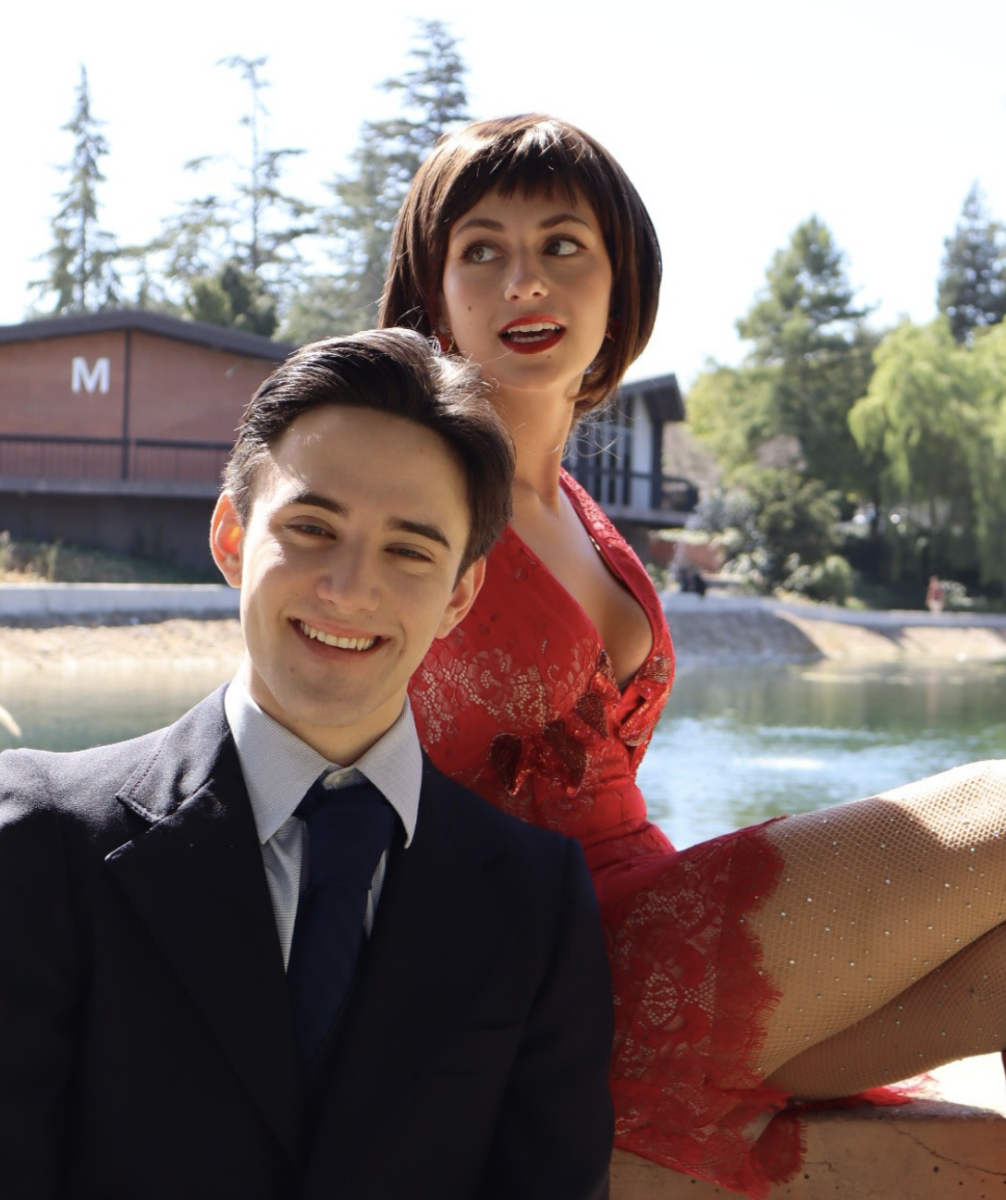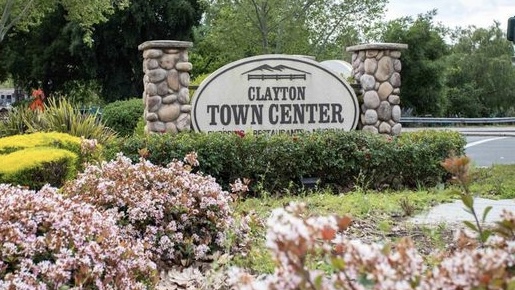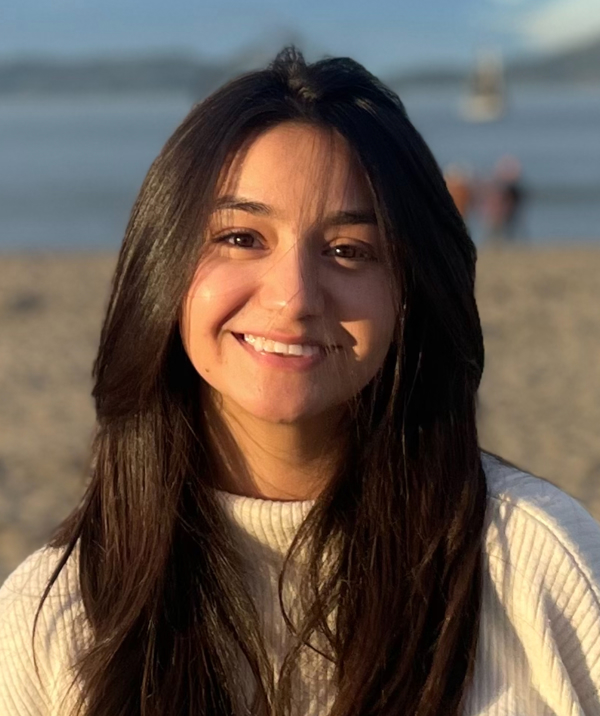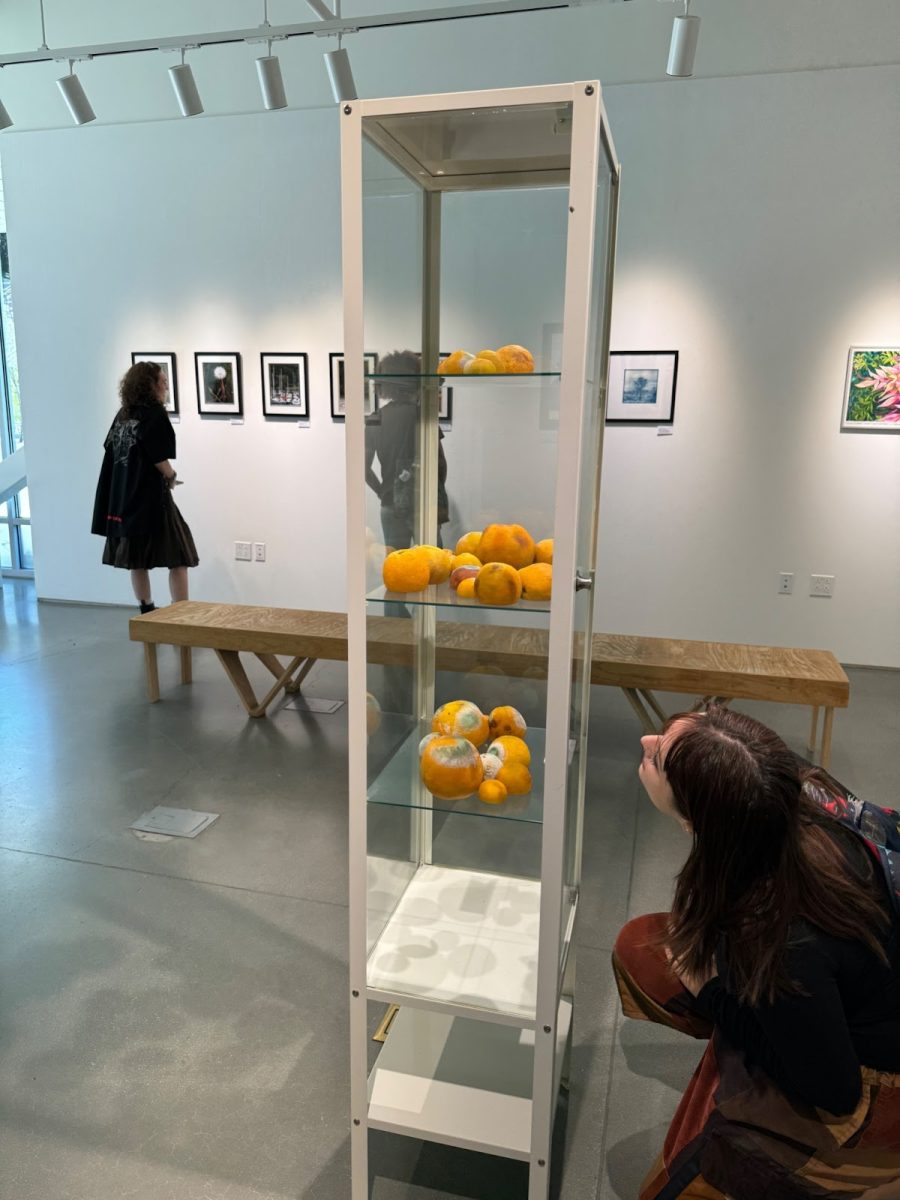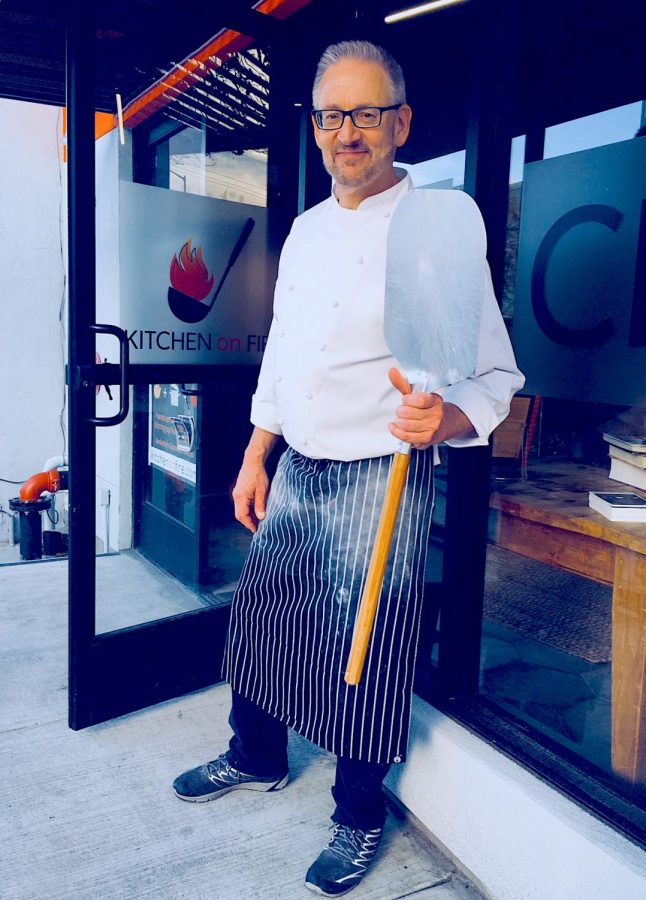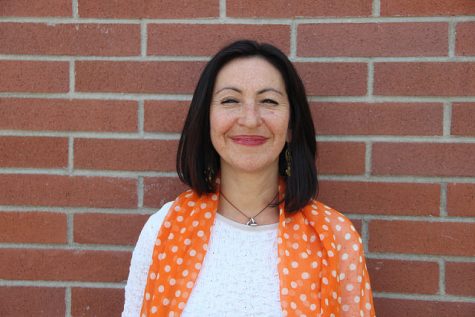Guest column: chef Michael Kalanty returns to teach baking
Chef Michael Kalanty at Kitchen on Fire cooking school in Paradise Park, Emeryville, California on Nov. 19, 2017
December 9, 2017
A baker and a writer, chef Michael Kalanty shares the story about his chosen profession and his decision on returning to teach students the art of baking.
Two of his former students offered comments about having taken chef Kalanty’s classes.
Alaa Haddad, a junior in the Culinary Arts program at Diablo Valley College said, “Chef Kalanty loves his students and his subject. You get so much practical knowledge from him. I learned enough to start making bread every week now and will continue in this field in hotels or catering.”
Philip Brown Ken, a former California Culinary Academy student said, “His sense of humor really comes through. He makes something not so simple, seem easy.”
DVC I: What was the impetus for you to pursue a career as a pastry chef after getting a statistics degree?
MK: Well, I found myself studying at a graduate school in Paris for architecture… and was lured into (a) French bakery right next door called, Pommes D’Api. They eventually invited me in and I fell in love. I finished my research and got a degree and all that in the United States. Then I returned to do an internship with Pierre, the pastry chef and founder, a year later.
DVC I: What makes a good baking instructor?
MK: Good instructors are technically proficient, is the first thing. You have to know what you’re doing, and have to be able to make the ingredients behave in the way they’re supposed to. You have to be competent.
Another thing is you have to be passionate. You can be as talented as anybody, but if you don’t have a passion for what it is you’re doing, then you won’t be able to instill a passion in your students. It’s so competitive… everything in the world is vying for students’ attention. So if you have a person who is young, in front of you, who wants to learn how to bake, you have be extremely motivated and be able to instill the passion and precision. If you can’t do that – you are doing them a disservice.
The third thing… you yourself keep learning, even things not related to baking… When you take a course in something you know nothing about you, understand what a person needs to present in order to learn. You may forget that people don’t know what it is they need, in order to grasp the next step. When you are learning, it makes you feel anxious, vulnerable; not very smart. So every semester I take something totally new so I remember what it’s like when someone knows nothing about the subject at hand.
DVC I: If you only had five ingredients you could work with, what would they be?
MK: One thing I’d need is grain, not specifically wheat… any grain will do; rye, semolina. You need water, salt and (because) yeast is everywhere… it will just land on there. So if I could only have three ingredients, they are flour, water, salt. The two other important, essential ingredients I would want are peanut butter, because of the protein it provides and latte because then I’ll be happy.
DVC I: How do you feel you influence gastronomy in this area? How has gastronomy or baking influenced you?
MK: As a baker, you bring to bread the mechanical manipulation that it needs to go from being a grain to something glorious, like bread. Whole grains are a fully formed food with all its food and protein… all it needs to is to get wet to become bread. It doesn’t need us, we need it. Grains and flour appreciate what the baker brings in terms of manual skill and the baker’s particular palate. What other flavors does the baker combine with it and what temperature will the baker choose to enhance those flavors, to bring out the brownness, and what texture does the baker want the final bread to have—soft, chewy, smooth and rich.
And simultaneously, bread tempers the baker. The bread teaches the baker what it needs to be coaxed, worked; it’s like a child. Bread dough asks for the willingness to care for it, to grow something, to care about for the nurturing quality that food will provide something a piece of meat cannot do. It brings out the sense of care, nurturing, protection and it elicits that from a baker, if you pay attention.
DVC I: Do you feel like it’s vital to attend a culinary school or can someone learn baking without it?
MK: The truth of it is, I’ve been a teacher for more than 25 years now. Students are different now, from how they were years ago… There was a deal between instructor and students. I had information as the instructor and you had to buy into that; people believed in that contract. Now it’s changed, so students don’t really need an instructor; everyone can gain access to anything in the world they want to.
Literally, the student doesn’t need the instructor to tell them what to do or to tell the student the information they need to know. A student can learn on one’s own or go learn under a master chef or whatever, however it comes down to the student having discipline, and has a work ethic and knows how to not be distracted by tons of conflicting messages from everywhere… What I’ve noticed, now, and what I’ve realized is my value is not a teacher of the technique, so much as it is, a teacher of professionalism, decorum and discipline; to give anyone who’s going to be successful in this career the thing they need implicit in their soul. So, that is a reason to be back in a classroom after an eight-year hiatus, helping students who could literally find out anything they want at all, but cannot find out how to be successful as a bread baker in the industry today. That’s something a seasoned professional can teach you, a culinary classroom is a perfect place for that transfer to happen.
DVC I: How did you begin your life as an author? How did that unfold?
MK: I was living and working in Brazil and building a culinary school around Y2K. Everything was supposed to shut down and break and shut off. Brazilians in Brazil are intelligent, focused, but playful in spirit; like going out to eat or dance at 2 a.m., etc. They had a joyful spirit that encouraged me to do all I could. It occurred to me, looking ahead 10 years and if I was still alive, I wanted to have a legacy to leave behind. My legacy is all my experience of traveling all over the world and baking bread. So that was my motivation for what to put in my four books. Now I’m writing magazine articles, essays, brochures, freelancing, speaking engagements, traveling all over the country to do speak, etc. Now I like shorter term projects that I can complete in more reasonable amounts of time.
DVC I: What do you currently teach at DVC?
MK: I offer an eight-week artisan bread baking class that recurs once per year at DVC and teach other culinary classes through Kitchen on Fire. I am also instructing at California Culinary Academy. People seem to get a lot out of the hands on format. Learning to bake good quality bread is a life long pursuit.
DVC I: What is one memorable moment you can recall from childhood?
MK: I remember clearly (I) was seven years old, as a boy scout, being taken on a field trip to the Ronzoni Factory back in Pennsylvania where I’m from. At that point, I knew then, I would have to commit my life to doing something with baking…
DVC I: What, if anything, is the overlap between the careers of baking, teaching and writing?
MK: Yes, there is a commonality in all three, a need for personal communication between your readership, your students and your customer of that baked apple pie or whatever it is. It’s really a two-way street and you need to be prepared to be open and present for that.


